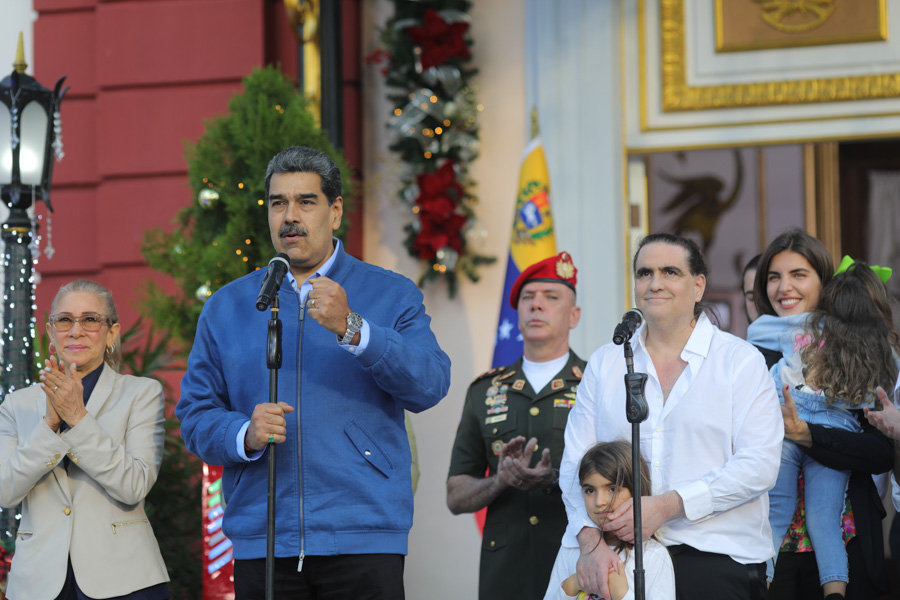Venezuelan authorities arrested former Oil and Production Minister Pedro Tellechea for “serious crimes that attack the highest interests of the nation,” it was revealed on Monday.
According to an Instagram post published by the Public Prosecutor’s Office, Tellechea was arrested in the early hours of October 20 together with “his closest associates”.
The press release, signed by Attorney General Tarek William Saab, accuses Tellechea of handing over the command and control system of the state oil company, PDVSA, to a company controlled by US intelligence services.
Tellechea is the fourth former oil minister and former PDVSA president to be arrested on corruption charges. Since Venezuela’s Nicolás Maduro became president in 2013, five of the eight oil ministers have been charged with several crimes.
Maduro had moved Tellechea from the oil ministry to the industry ministry as part of a major cabinet reshuffle in late August after a highly disputed presidential election.
In a social media post on Oct. 18, Tellechea said he made the “difficult decision” to resign due to “health issues that require my immediate attention.”
President Maduro then appointed Alex Saab – a Colombian businessman who was released from US custody as part of a prisoner swap last year – as the country’s new Minister of Industry and Production.
Saab, known as Maduro’s “bag man,” was in prison in the US on money laundering charges.
In the announcement on social media, Maduro said he is “sure” that Saab “will lead the development of the entire industrial system of Venezuela within the process of building the new economic model.”
In 2020, Saab was arrested in Cape Verde and extradited to the US in 2021 to face money laundering charges. US prosecutors accused him of transferring $350 million out of Venezuela and into foreign accounts.
Last December, Saab was released in a prisoner swap between the US and Venezuela, after talks between the two administrations were facilitated by Qatar.

Image source: Presidential Press via X
In exchange, Venezuela released 10 Americans, six of whom were wrongly classified as detained. The agreement was part of a broader effort to broker a deal where the Venezuelan president would hold free and fair elections in exchange for relief from US sanctions.
The July 28 election has been widely discussed. While Maduro’s re-election was certified by the country’s electoral authority and the Supreme Court, the government has not released any detailed data to substantiate its claims of victory. The Venezuelan opposition and other regional leaders have questioned the results.
Previously, Saab was responsible for importing food for the government program known as CLAP (Commissions for Local Supply and Production), a mandate marked by allegations of rampant corruption.
The investigations into the Saab and CLAP corruption network were led by Armando.Info, a Venezuelan digital investigative news media. In May of this year, a documentary on Saab was released by PBS Frontline in collaboration with Armando.Info, entitled: A dangerous assignment: Uncovering corruption in Maduro’s Venezuela.


